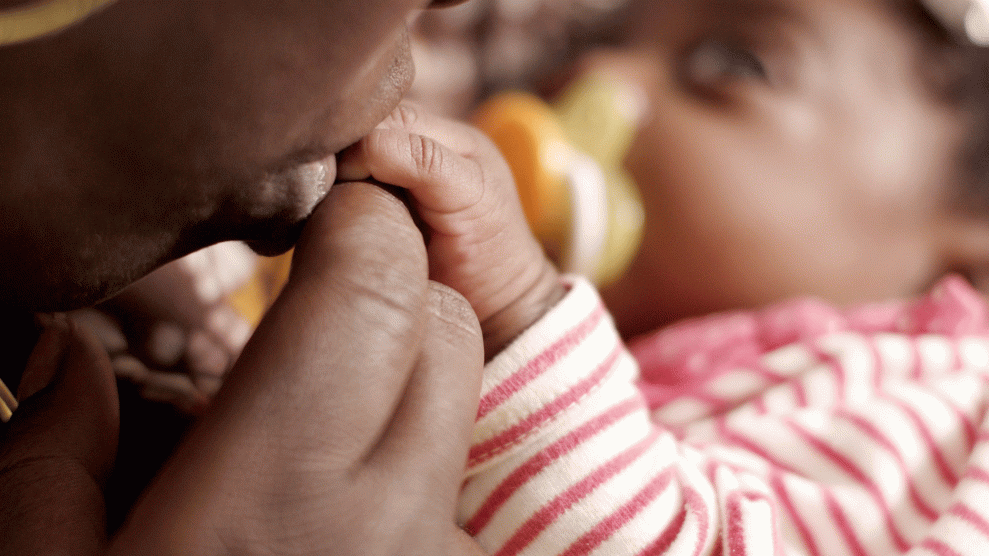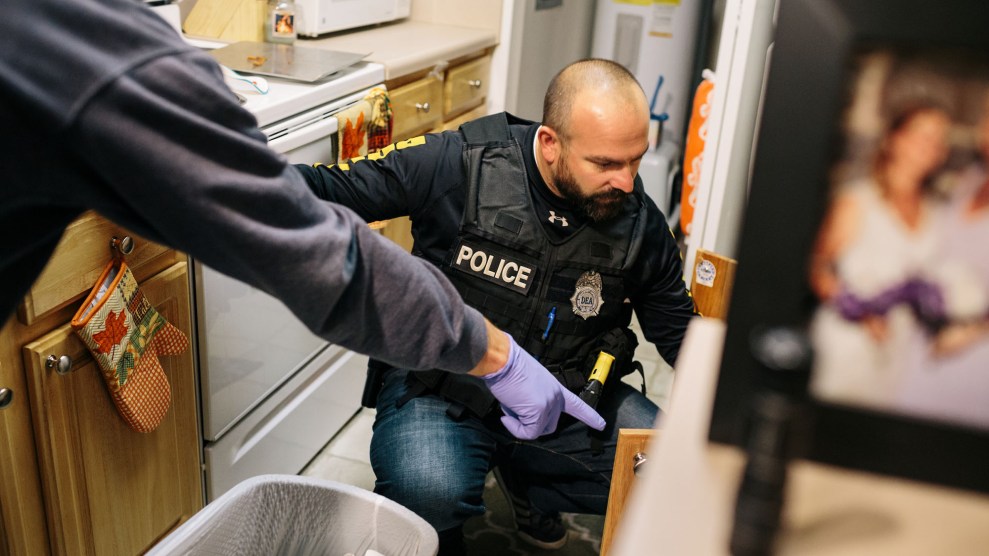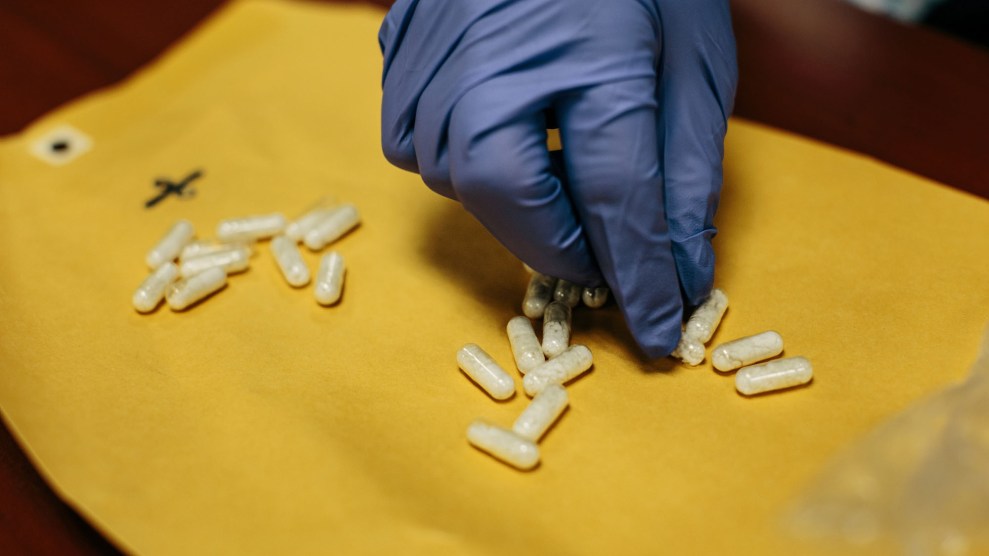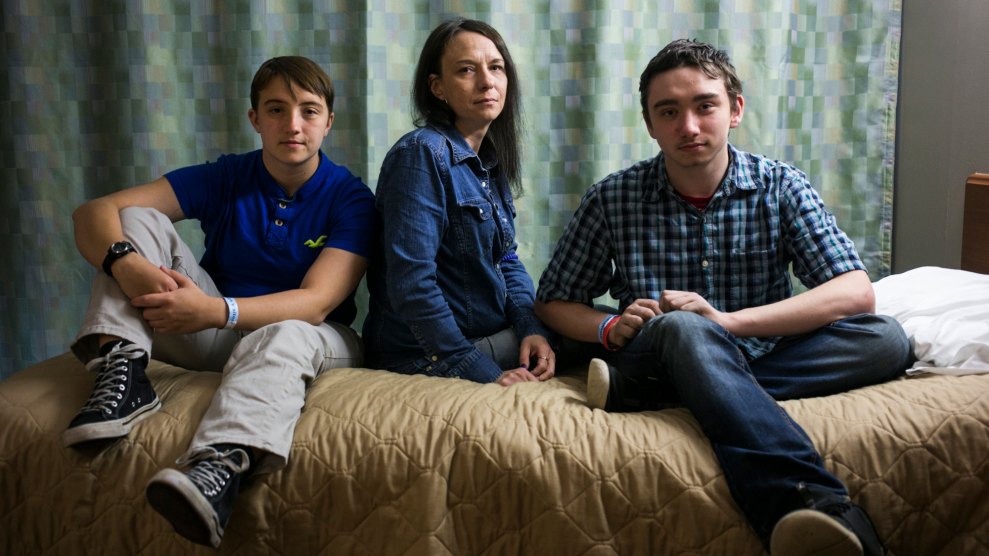As the opioid crisis sweeps the nation, it is taking a particularly devastating toll on children: The number of kids entering foster care because of parental drug use has more than doubled since 2000, according to new research in JAMA Pediatrics.
Researchers analyzed 5 million instances of children entering foster care between 2000 and 2017, as reported to the federal Adoption and Foster Care Analysis and Reporting System. While the total number of foster care entries has slowly dwindled over the years, entries specifically because of parental drug use jumped from roughly 40,000 in 2000 to nearly 100,000 in 2017. The rise was particularly dramatic among children who are white or Hispanic, those who live in the Midwest, and those who live outside of metro areas.
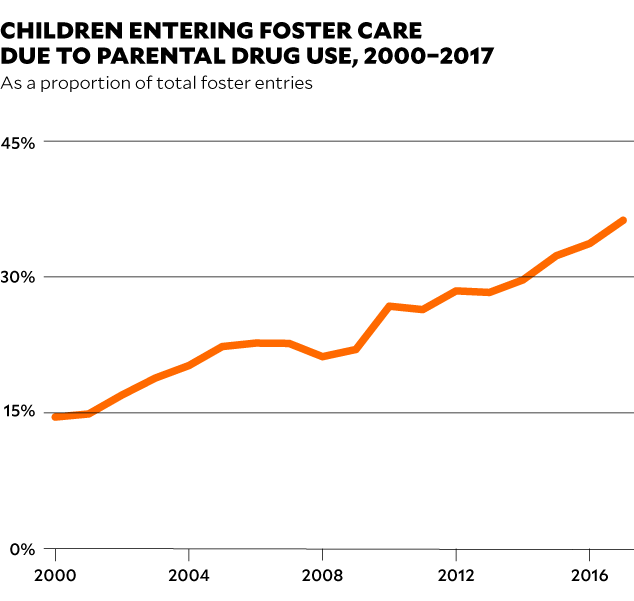
The data doesn’t specify which drugs parents were using, and often, children were removed from the home for multiple reasons. But the trend coincides with the scourge of opioid addiction and overdose—one that has put a strain on social service programs across the country.
I witnessed this trend firsthand when I traveled to Ashtabula County, Ohio in 2017 and shadowed county Children Services caseworker Kerri Mongonel. Her case load was full of children who had lost parents to addiction or overdose:
The scourge of addiction to painkillers, heroin, and fentanyl sweeping the country has produced a flood of bewildered children who, having lost their parents to drug use or overdose, are now living with foster families or relatives. In Ashtabula County, in Ohio’s northeast corner, the number of children in court custody quadrupled from 69 in 2014 to 279 last year. “I can’t remember the last time I removed a kid and it didn’t have to do with drugs,” says Mongenel, a quick-witted redhead. Her clients range from preschoolers who know to call 911 when a parent overdoses to steely teenagers who cook and clean while Mom and Dad spend all day in the bathroom. Often, the kids marvel at how quickly everything changed—how a loving mom could transform, as one teenager put it, into a “zombie.”
The effects of this rise in drug-related foster care admissions will likely be long-lasting: Decades of research has shown that children who experience traumatic events early in life are more likely to suffer from a host of long-term mental and physical repercussions known as “toxic stress.”
“Toxic stress are the long-term changes to not only brain structure and function, but also to the hormonal system, immune system, and even all the way down to the way our DNA is read and transcribed,” Dr. Nadine Burke Harris, now California’s Surgeon General, told Mother Jones in 2017. Children who have gone through traumatic events—including exposure to parental drug use or separation from a parent—are significantly more likely to struggle with depression, anxiety, and substance use themselves. “Kids who have parents who are substance dependent get a double whammy,” Burke Harris explained. “They may have a genetic predisposition to substance susceptibility, and they also have both a psychological and a neurological increased susceptibility to substance abuse.”

